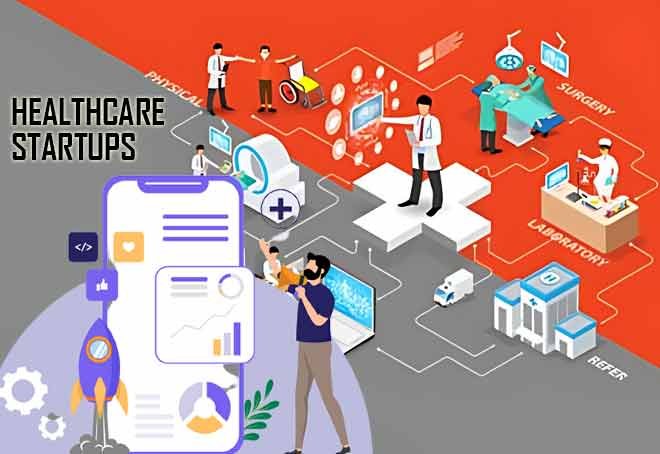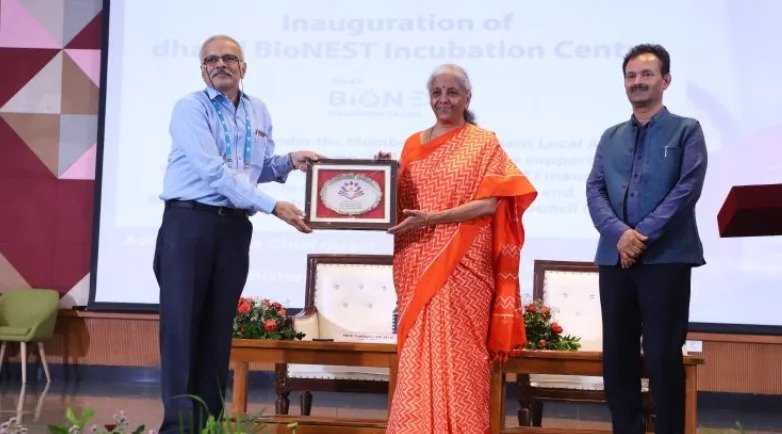How healthcare startups are shaping swift responses to emerging infectious diseases?
Healthcare startups' Crucial Role in Pandemic Preparedness and Response

Healthcare startups are at the forefront of developing rapid and advanced diagnostic solutions for the swift and accurate identification of infectious agents. These innovative tools encompass portable, point-of-care devices that efficiently detect pathogens in patient samples, enabling timely diagnosis and precise treatment. By leveraging cutting-edge technologies like AI, machine learning, and molecular diagnostics, these startups enhance diagnostic speed and accuracy.
Another significant area of focus is telemedicine and remote monitoring. These startups provide platforms that facilitate remote consultations between healthcare professionals and patients, particularly beneficial in limiting disease transmission within healthcare facilities. Moreover, wearable devices and sensors are being developed for continuous remote monitoring, enabling the early detection of symptoms and potential outbreaks.
Data analytics and predictive modeling also play a pivotal role. Startups harness diverse data sources, including clinical records, social media, and mobility patterns, to track disease spread, predict outbreaks, and allocate resources effectively. These insights aid public health authorities in informed decision-making.
In the realm of drug discovery and development, startups employ innovative techniques such as AI-driven virtual screening to rapidly identify potential drug candidates. This expedites the process of finding effective treatments for emerging infectious diseases. Additionally, novel approaches to vaccine development are explored, alongside alternatives to traditional methods.
Supply chain management is another area of focus, where startups use block chain technology to ensure transparent and efficient distribution of essential medical resources during outbreaks, minimizing shortages and wastage. Furthermore, startups are dedicated to health education and awareness, utilizing digital platforms to disseminate accurate information about infectious diseases and prevention measures.
Collaboration is emphasized, as startups foster networks between healthcare institutions, researchers, governments, and NGOs, enabling shared expertise, resources, and coordinated responses to outbreaks. Vaccination management is streamlined through startups' technologies, offering tools for appointment scheduling, vaccine distribution, and tracking vaccination status.
AI-driven epidemiology enhances disease surveillance by identifying patterns and anomalies in disease spread, contributing to early detection and containment efforts. Startups also create platforms for real-time epidemic tracking and visualization, empowering healthcare professionals, policymakers, and the public to comprehend the geographical distribution and progression of outbreaks.
In summary, healthcare startups' agility, innovation, and technological advancements significantly contribute to effective containment, treatment, and prevention strategies for emerging infectious diseases, complementing traditional healthcare systems and public health initiatives.
Published on : 24th August, 2023
BIO-TECH
-
Venture Center receives ATF 2025 Honour for supporting assistive technology innovations 24th November, 2025

-
Vaidam Health and Vanuatu's Ministry of Health ink MoU to strengthen cross-border healthcare access 20th November, 2025

-
Whale Tank Biocatalysts hosts Startup-Investor Meet WT 3.0 in Hyderabad 17th November, 2025

-
BTS 2025 to host India’s largest entrepreneurship platform “Future Makers Conclave” on Nov 20 06th November, 2025

-
Bessemer Venture Partners leads Rs 125 Cr Series A funding in fertility startup Pluro 04th November, 2025

-
dhaRti BioNEST Incubation Centre opens at Indian Institute of Technology (IIT) Dharwad 15th October, 2025

-
Bartronics India makes strategic investment of up to Rs 50 Cr in Huwel Life Sciences 30th September, 2025





